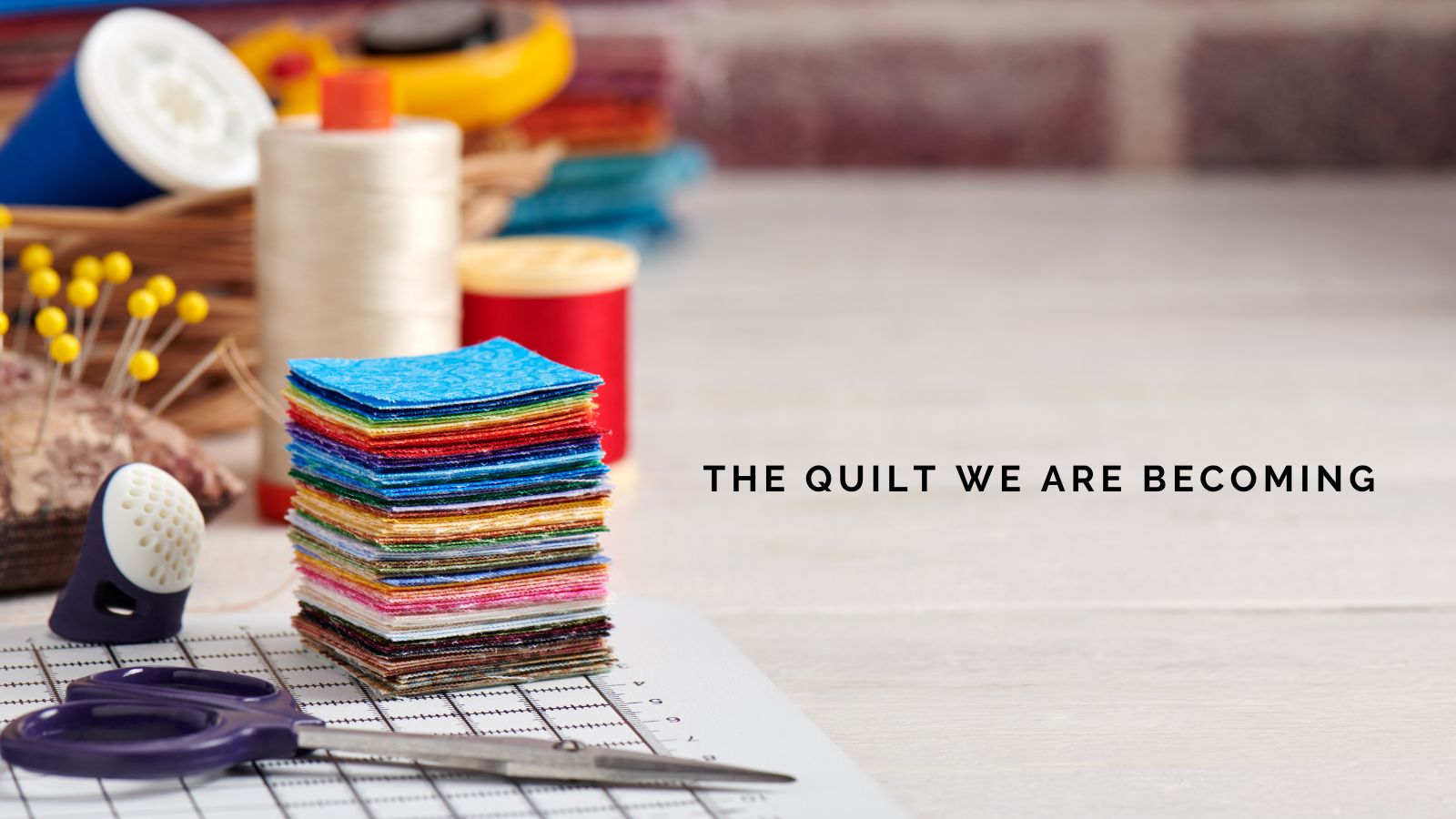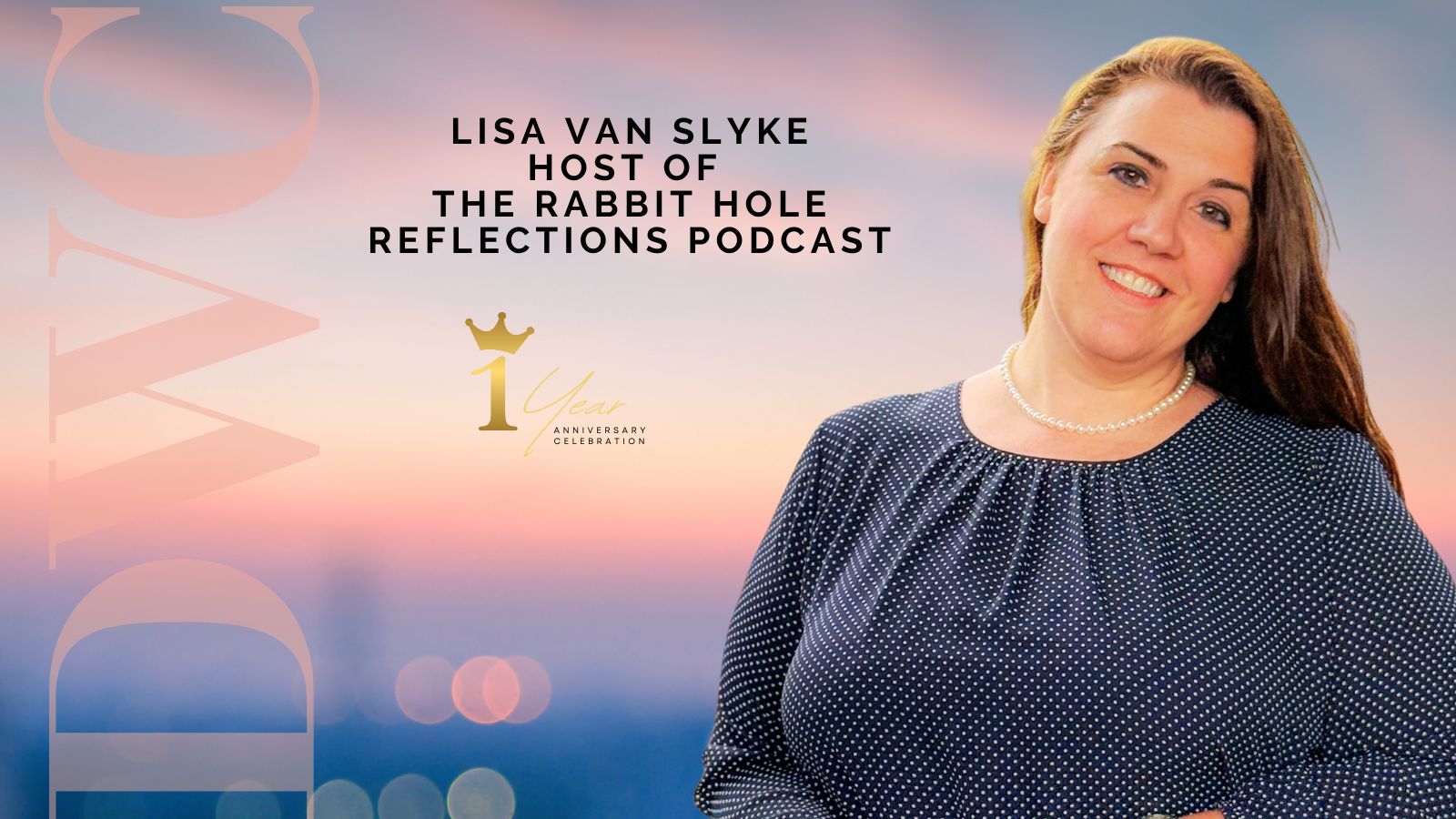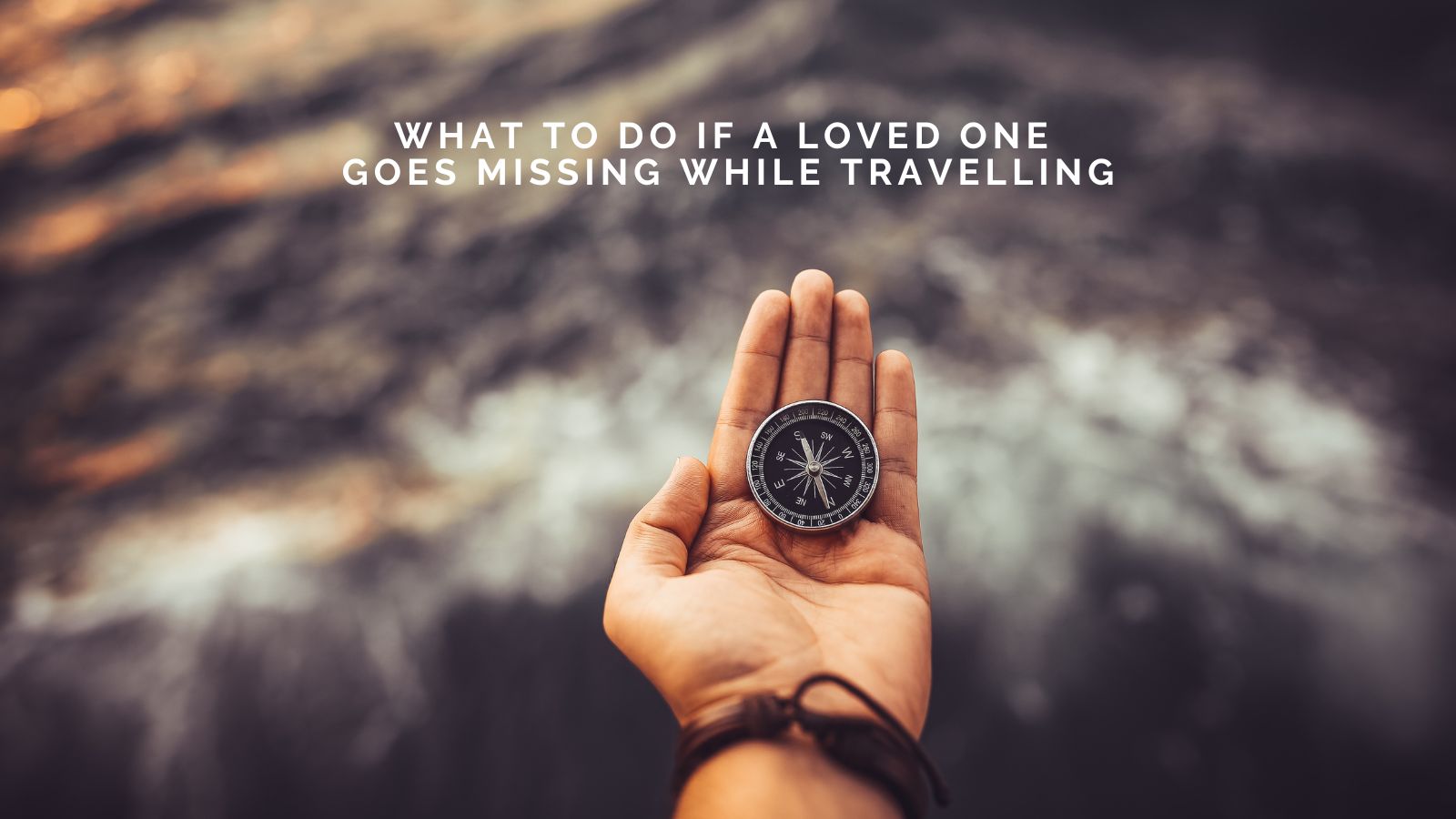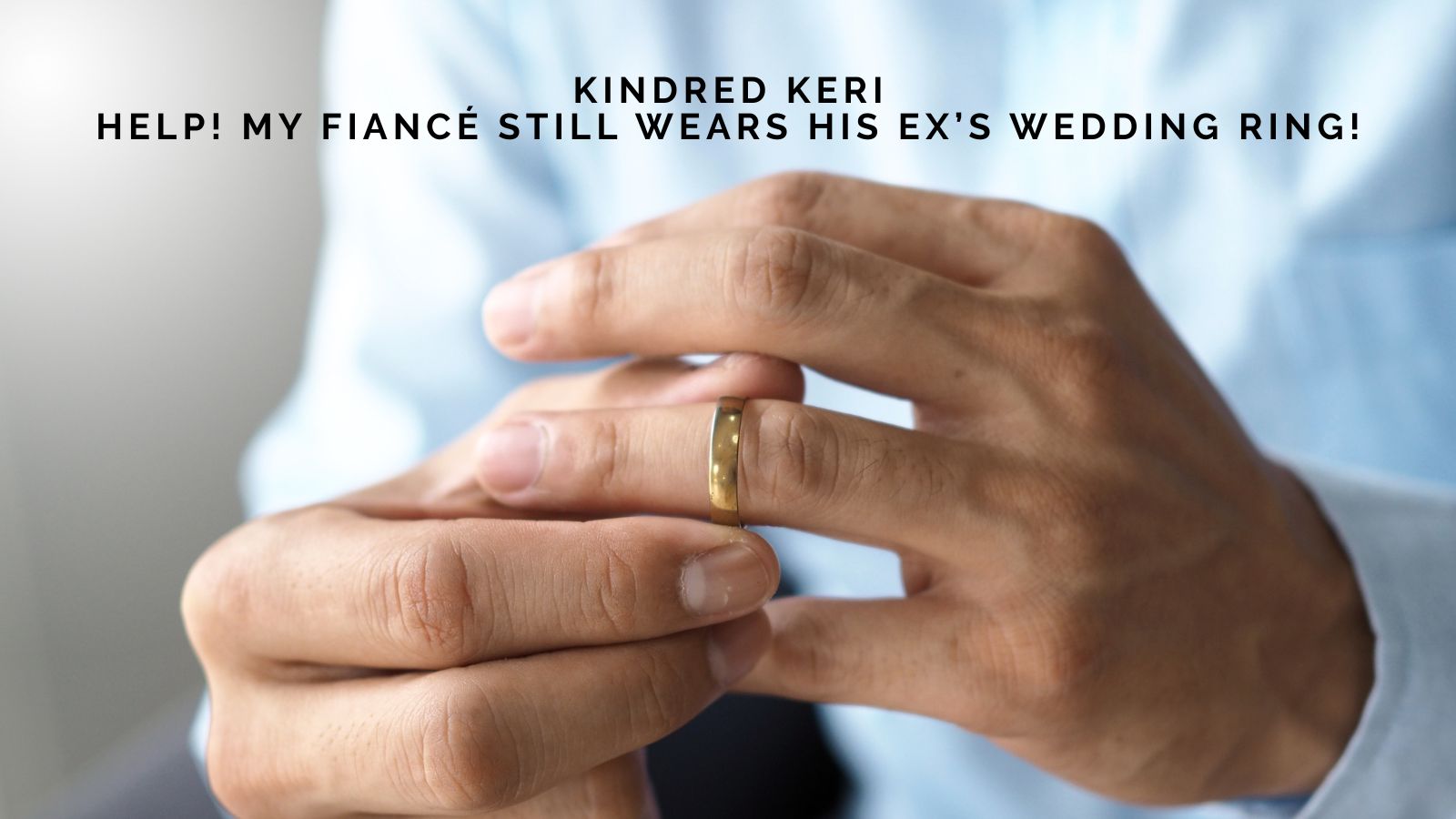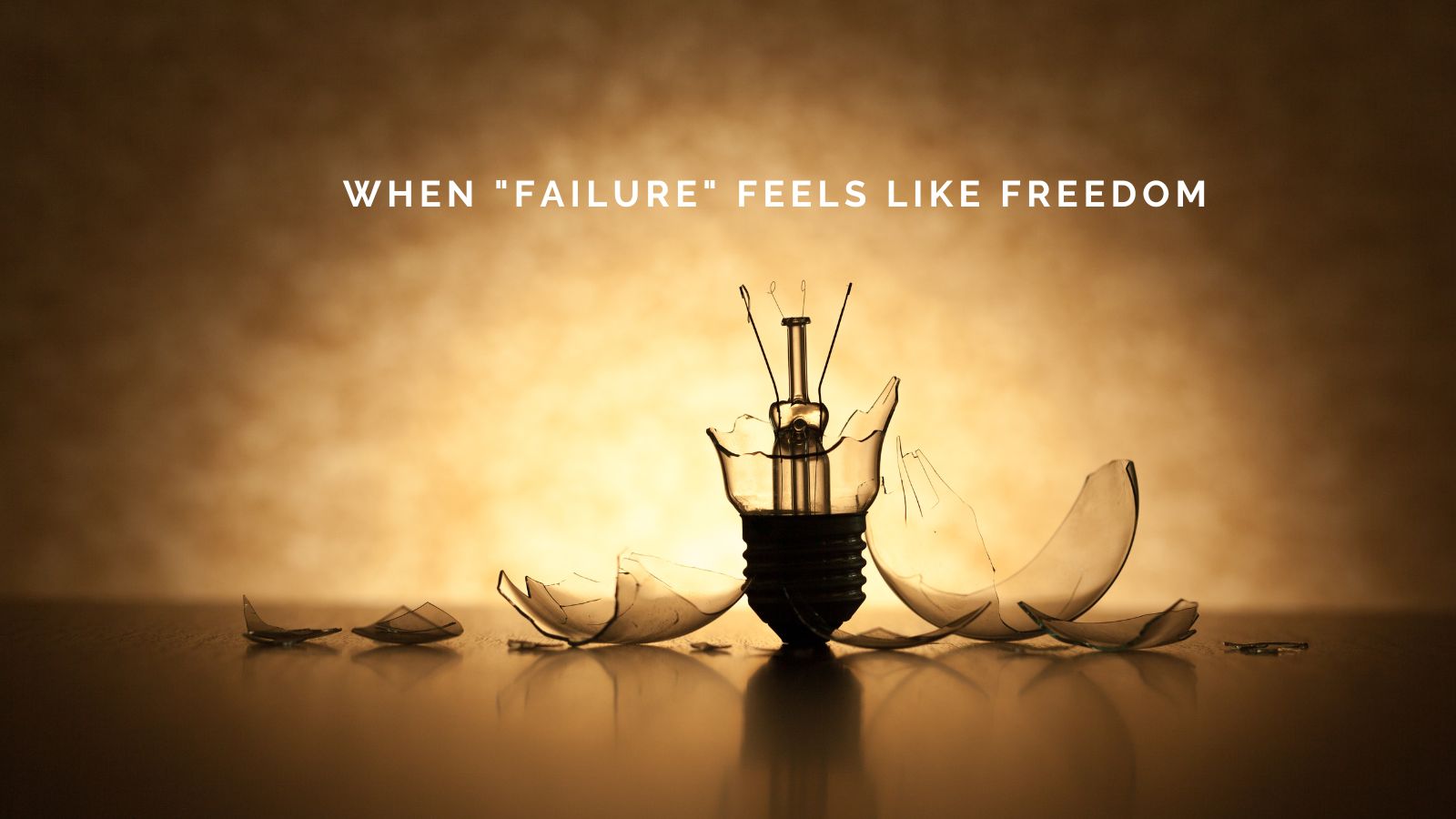
As a mental health practitioner, one of the most common yet quietly painful dilemmas I hear from clients involves the unspoken pressure to attend family functions—funerals, weddings, birthdays, holidays—purely because it’s family. For many, these events are emotionally nourishing. For others, they are sources of deep anxiety, discomfort, or even trauma.
Let me say this clearly: it is okay to say no to family gatherings, even to the ones society deems sacred. Your wellbeing is not negotiable.
Culturally, we are steeped in a sense of duty—duty to tradition, duty to appearance, and above all, duty to family. “You have to go—it’s your cousin’s wedding.” “You should be there—it’s your grandfather’s funeral.” The expectation is often less about connection and more about compliance.
But obligation without safety, or appearance without authenticity, is a form of emotional self-betrayal. What is often labelled as “showing up” becomes an internal abandonment of your own needs and boundaries.
It’s important to ask yourself: What is the emotional cost of attending this event? And does that cost outweigh its emotional value?
For someone who has experienced family trauma, estrangement, or unresolved conflict, these gatherings can feel like emotional landmines. Attending may mean re-entering environments where you were silenced, criticised, or hurt. It may mean being around people who do not acknowledge your lived experiences or who continue to minimise them.
In such cases, attending is not a neutral act—it is deeply taxing. You may find yourself mentally rehearsing every conversation beforehand, or emotionally recovering for days afterward. That is not sustainable, and it is not healthy.
When it comes to funerals, the social script tells us that physical presence is essential. Yet grief is not bound to ceremonies or proximity. If you’ve lost someone but cannot attend the service due to your mental health or emotional boundaries, that does not make your grief less valid.
You can honour a life in many ways—lighting a candle, writing a letter, taking quiet time to reflect. You do not need to be seen in a pew to be connected to your sorrow or your love.
Attending a wedding, a christening, or a birthday should never come at the cost of your inner peace. Sometimes, protecting your mental health means declining the invitation—kindly, calmly, and confidently.
It’s not about holding grudges or being difficult. It’s about choosing environments where you are emotionally safe, and stepping away from those where you are not.
Saying no to a family function may be met with disappointment or judgement. That, unfortunately, is part of the process. Setting boundaries will sometimes ruffle feathers, particularly in families that are used to you overextending yourself.
But boundaries are not a betrayal of your family—they are an affirmation of your self-respect. Healthy families grow around boundaries. Unhealthy ones often test them.
If you’re contemplating opting out of a family event and feel overwhelmed by guilt or fear, here are a few grounding thoughts:
You do not owe an elaborate explanation. “I won’t be able to attend, but I appreciate the invite,” is enough.
You can grieve or celebrate in your own way. Commemorating or connecting doesn’t need an audience.
Give yourself permission. Literally say aloud: “I’m allowed to choose what’s best for me, even if others don’t understand.”
Have a support plan. Speak with a therapist, a trusted friend, or journal through your emotions before and after.
You are not selfish for protecting your mental health. You are not cold-hearted for choosing peace. You are not a bad family member for placing yourself first in situations where your presence would harm you more than help anyone else.
Sometimes, the most loving thing you can do—for yourself and your family—is to stay away.
And that’s not only okay. That’s healing.
